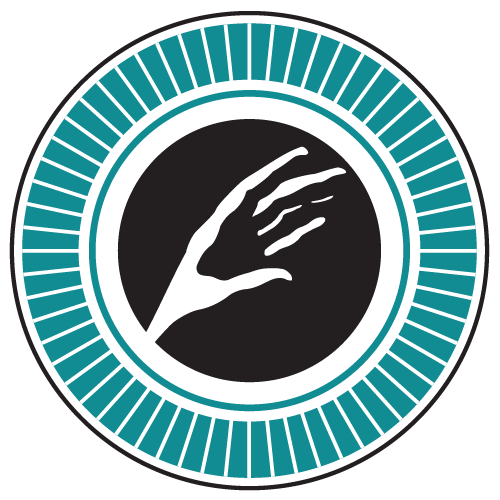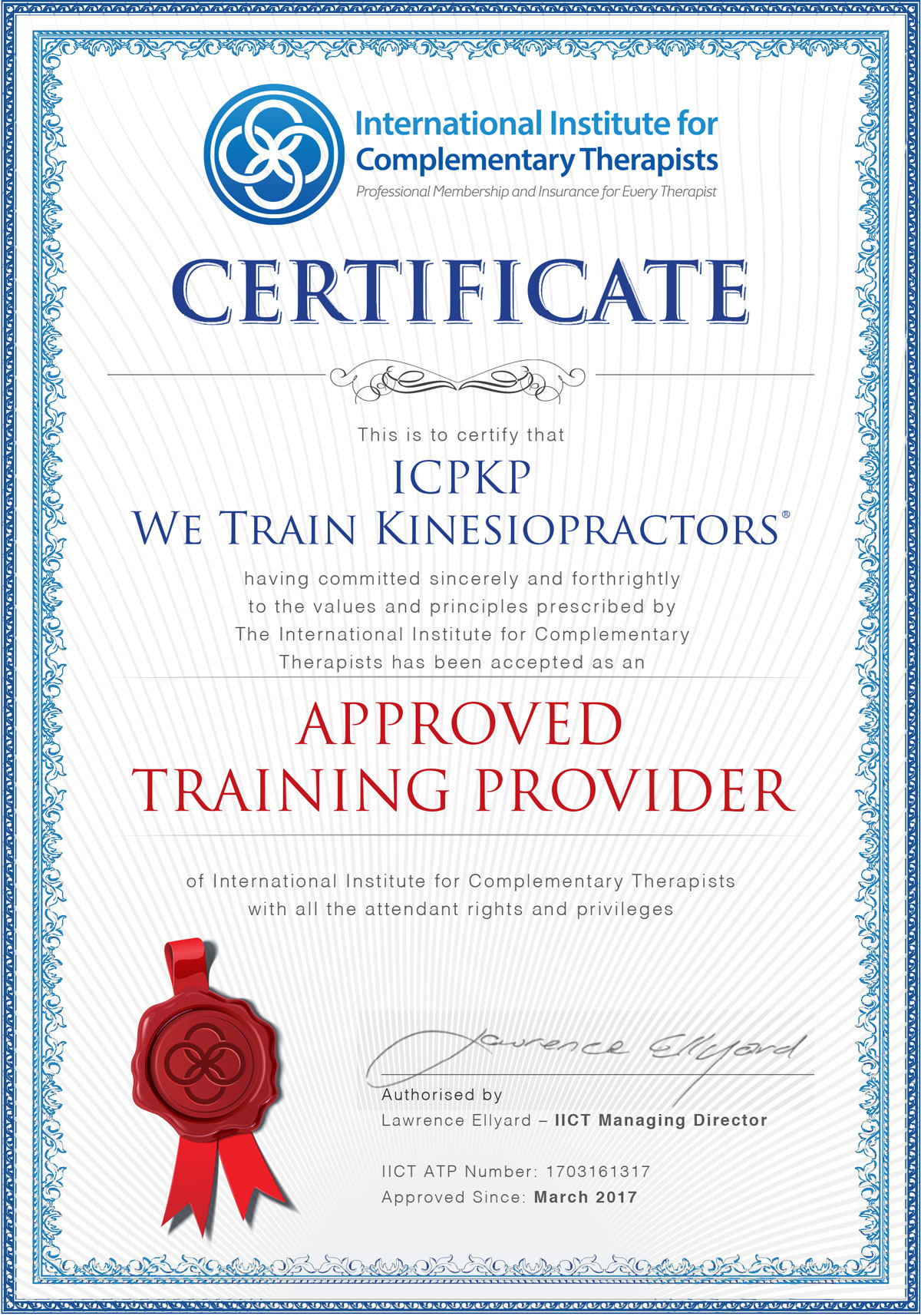PIB203-en
Basic Brain Integration Skills & Protocols
In this section of study we begin to examine and address learning disabilities and dyslexias and work towards helping clients upgrade performance at work, school or other area in an integrated whole. You will develop skill using many PKP techniques to correct energy imbalance related to neurological blind-spots caused by fear, pain and self-doubt.
Learning blocks in their various forms cause stress and embarrassment for many people who then do not achieve their full potential. You will become versed in many practical aids to increase ability, improve behaviour and garner more confidence in new learning situations. These skills are helpful not only for children but also for adults who are confronted with the need to up-skill or who have performance pressures and issues of self-esteem.
Once you have completed this unit you will be able to evaluate energy imbalances related to learning: including centering mechanism dysfunction (cloacal, hyoid and gait reflexes), Cook’s technique, cranial imbalance, issues with the TMJ, fixations, CIA release, lazy 8s, alphabet/numbers, vision education, navel-glabella/frontal eminence/mastoid process, movement/ activities and specific exercises, poly/meta-integration, homolateral repatterning, muscle re-education and brain nutrition.
You will also be able to utilize the PIB Learning Evaluation Guide and PKP performance balancing protocol.
Elements of Learning:
- History and introduction
- Centering mechanism – cloacals, hyoid, gaits – El #2a
- Cook’s technique and tour – Em #3a, 3b
- Qi-Gong – hand balls. – El #71/2b
- Cranials – TMJ – St #1a, 1c
- Fixations – light on glabella – St #11/2b
- CIA – common integrative area – St #7c
- Lazy 8, alphabet, numbers – El #71/2c
- Vision education – Goodrich, Halloren, Stokes, Dennison, Gralton – El #6a, 6c
- Navel-glabella / frontal eminences / mastoid process – Em #21/2a, 21/2b
- Movement, activities, exercises / Brain Gym™ – St #7a
- Poly-integration, meta-integration, homolateral repatterning – St #61/2b, 61/2c
- Muscle re-education (Edu-K muscle lengthening) – St #71/2a
- Applying prior learning – crosscrawl, auriculars, visuals, switching, dehydration, ESR, lung 9.6, body scan, figure-8s, body polarity
- Brain nutrition – CL glabella – PE #12 + glabella
- Stress words – lifestyle, language intention change – PE #61/2b
- Stress statement, conflicts and reversals – Em#31/2b, 51/2b, 51/2c
- Evaluation checklist – behavioural and integration, Quick Check list
- Utilise all techniques learned to date within the PKP™ Balancing Protocol
Prerequisites:
- EMS 2.201

